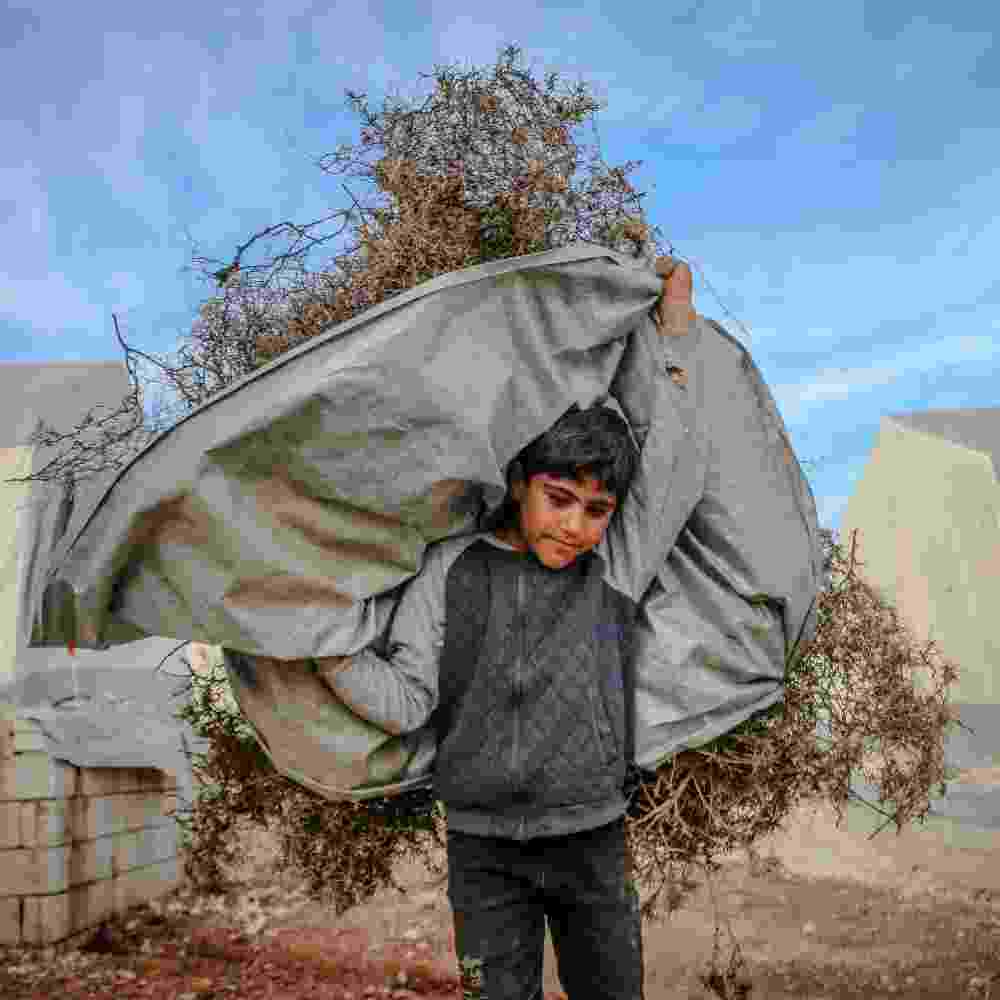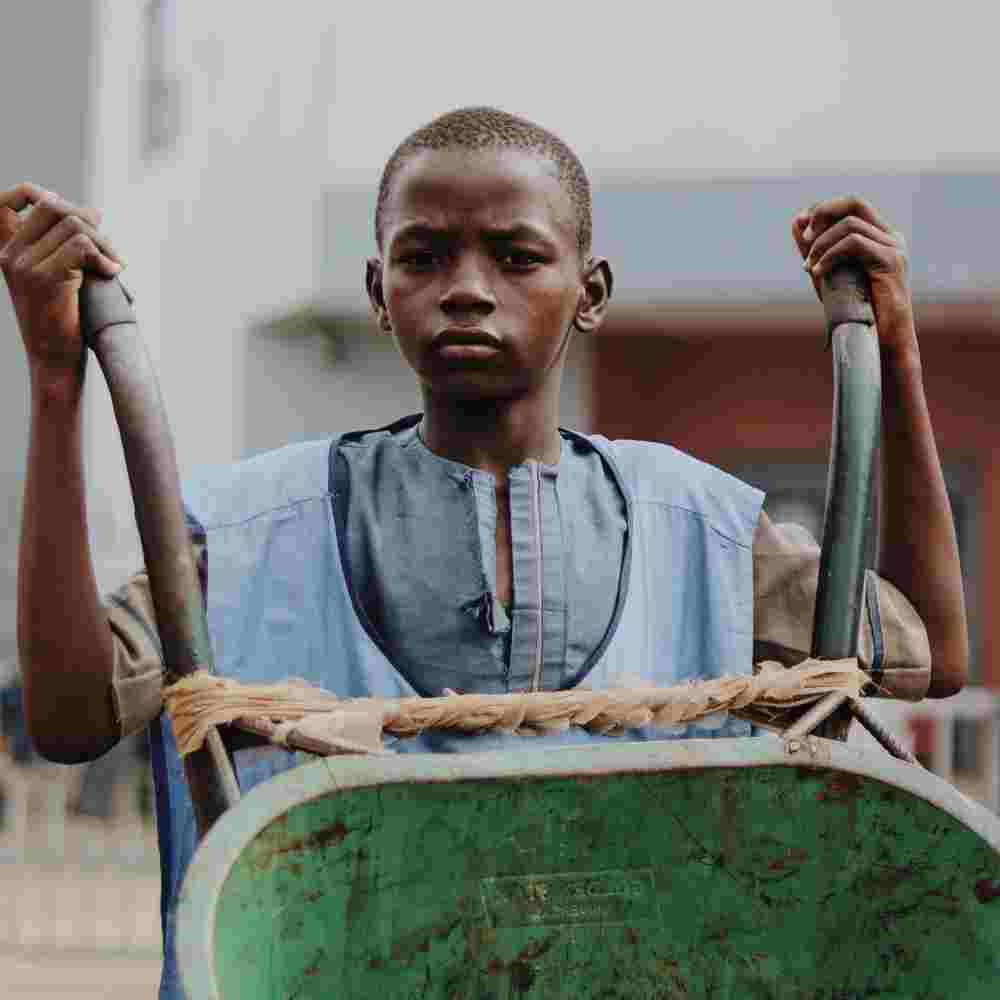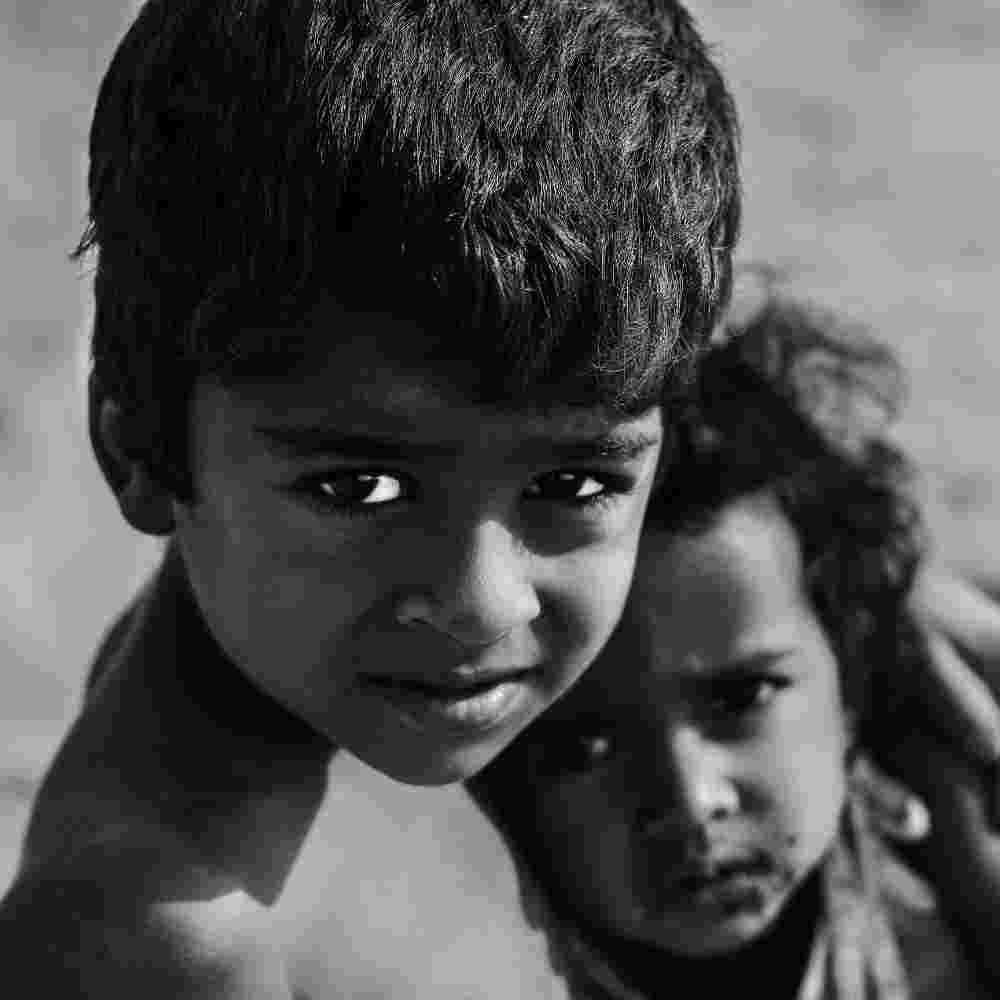Why is Child Labor Bad?
Around the world, 152 million children are involved in forced child labor,1 but why is child labor bad? Even the definition of child labor gives us a clue. It is defined as work that “deprives children of their childhood, their potential and their dignity, and that is harmful to physical and mental development.”2
How does child labor impact children negatively?
The definition itself details several reasons:
Play, interaction with others and education are formative to a child’s development. Child labor interferes with these basic steps. For example, play is crucial to child development because it is through play that children develop emotional and physical skills. Through play, they learn how to process the world. Child labor prevents such activities.
Education plays a large part in a child’s development. Without education, children rarely reach their potential. With regular attendance in school, however, children learn basic concepts that help them through childhood and give impoverished children the skills they need to break the cycle of poverty in their families.
The emotional impact of child labor creates lifelong emotional and mental health challenges. This is true in many areas of child labor work, but perhaps it is most impactful in the sexual trades. Dignity is torn from these children as they are exploited for the pleasures of others.
Click here, to read more about this article.
Click here, to read more blogs in Gospel for Asia.Org



Comments
Post a Comment